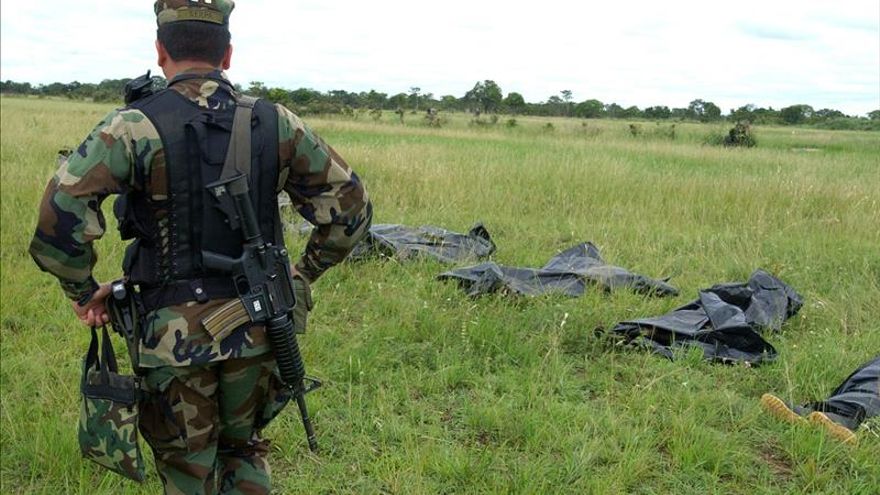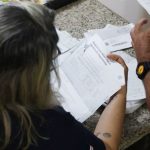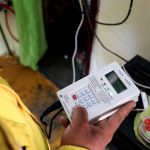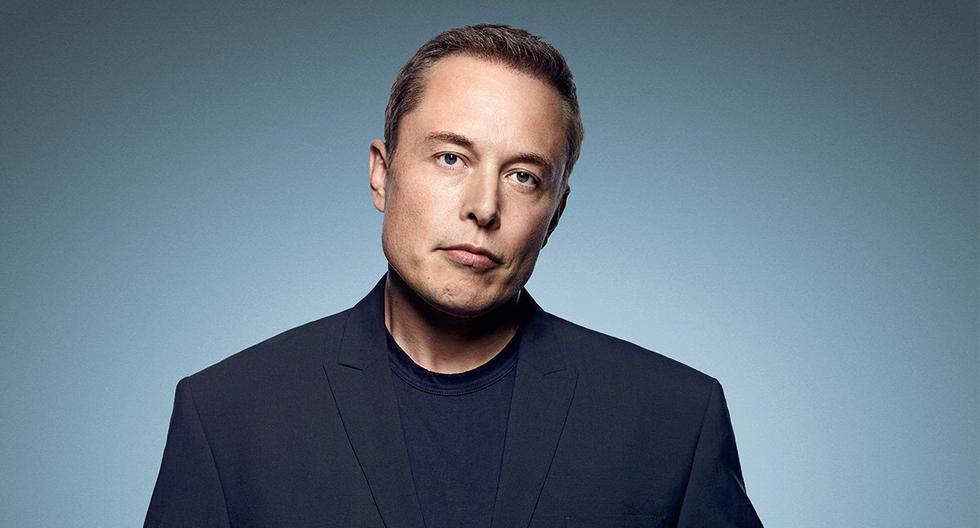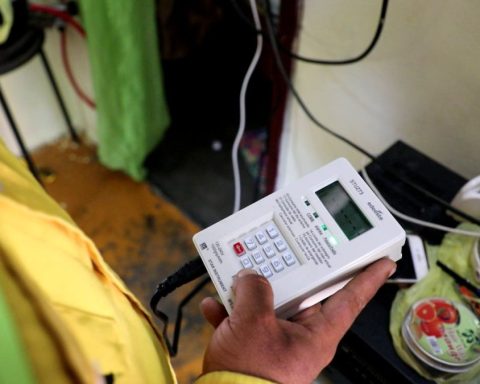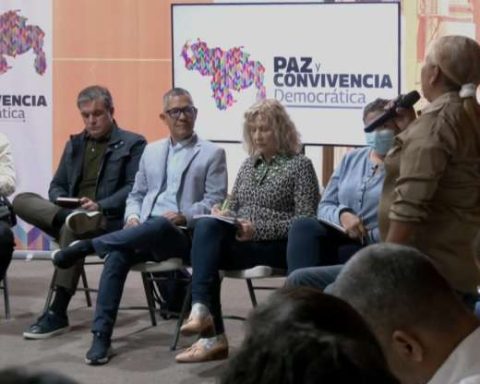In the unprecedented two-day hearing, organized by the Special Jurisdiction for Peace (JEP) in Ocaña, in the department of Norte de Santander, bordering Venezuela, the soldiers publicly confessed their responsibility for the disappearance and subsequent murder of 120 young people. , mostly poor.
Some 50 relatives of the victims entered a university theater in this town in a row displaying photographs of their relatives.
On stage they sat face to face in front of their perpetrators and five magistrates of the court that emerged from the historic peace agreement of 2016, which until Wednesday will hear the stories of a general, four colonels, five officers and a civilian who collaborated in the crimes. .
“I ask you to clear the name of our relatives (…) they were working peasants, not as they were branded as subversives, guerrillas, thugs,” claimed Eduvina Becerra, partner of José Ortega, a farmer who lived some 300 kilometers from Ocaña before to be killed.
His lawyers, UN and OAS delegates, and dozens of people remained silent before the macabre story during the hearing.
Colonel Rubén Castro recognized the existence of a “criminal gang within” his men “created with the sole purpose of increasing” the casualties “at any cost.” The former commander of the XV Mobile Brigade apologized for having demanded the murder of “good people”.
Known as “false positives”, the murders of civilians presented as guerrillas killed in combat are the biggest scandal in the history of the Colombian Armed Forces.
The former soldiers and other perpetrators of the prolonged Colombian conflict answer before the JEP for their crimes as part of the peace agreement that disarmed the Revolutionary Armed Forces of Colombia (FARC) in 2017. Those who confess their crimes and make amends to the victims will receive alternative sentences to prison.
– “Systematic” practice –
Amid the tears of the victims, the defendants gave names and details about how they murdered their relatives, most of them men between 25 and 35 years old.
General Paulino Coronado, former commander of the 30th Brigade that is present on the border line, is the highest-ranking uniformed officer to appear at the historic two-day hearing.
During their exercise, the ten defendants gave orders “without which the criminal conduct would not have taken place in a systematic and generalized way,” Judge Catalina Díaz said in her speech.
The JEP determined that Ocaña was the scene of an atrocious practice devised in a barracks located at the entrance of the town of some 100,000 inhabitants, and motivated by an “institutional policy of the army of counting bodies” to inflate its achievements in the fight against the guerrilla and other armed groups.
“The army was deceiving us, they killed our companions”, “brothers”, “children”, alleged Sandra Barbosa, sister of Javier Peñuela, whom they wanted to pass off as an ELN guerrilla.
The peace court identified two forms of “false positives”: One consisted of taking deceived young people to populations far from their homes and then killing them. In the second, the victims were peasants held by force in Ocaña and other municipalities in the Catatumbo region, which has the largest number of drug crops in the world.
According to the testimony of residents of Ocaña known to AFP, the army constantly boasted about its supposed success and the town’s morgue was not enough to receive the corpses.
In exchange for the homicides, the military received awards, permits, decorations and promotions, explained Judge Díaz. According to the court, more than 6,400 civilians were executed between 2002 and 2008, of which 402 died in this border area.
Colonel Castro acknowledged having transmitted to his subordinates the “policies” of “the different echelons of command,” pointing to the then commander of the army, General Mario Montoya, whose demand to show casualties “was always repetitive.” Montoya has also submitted to the JEP since 2018 without accepting any responsibility.
The peace court judges the worst crimes of the half-century conflict that left more than nine million victims among dead, mutilated, kidnapped and disappeared.
The magistrates of the JEP will determine the sentences of the former soldiers, after analyzing their testimonies and contrasting them with their investigations.
The victims will have 15 days to express themselves about the current hearings and then the sentences will be known, reported the justice of the peace.
A large part of the “false positives” occurred during the presidency of Álvaro Uribe (2002-2010), who maintains that they were isolated acts.
In 2021, the JEP charged former top FARC commanders with kidnapping at least 21,000 people. The rebel leadership must also make a public recognition.
